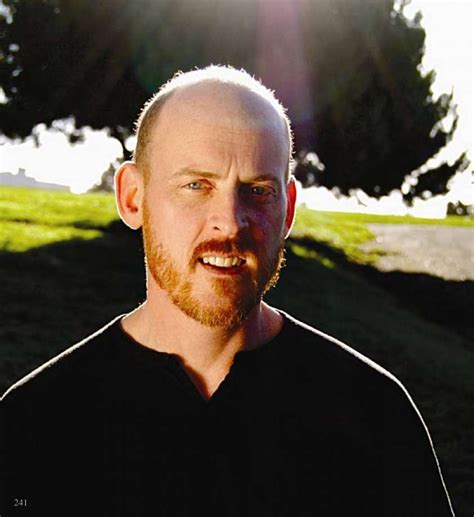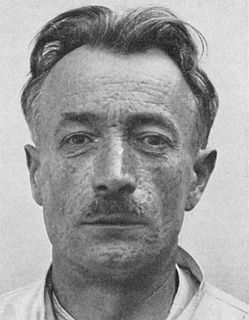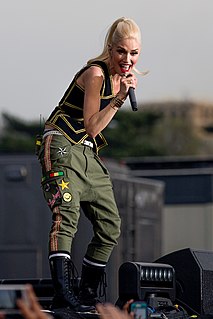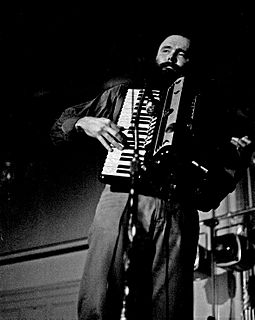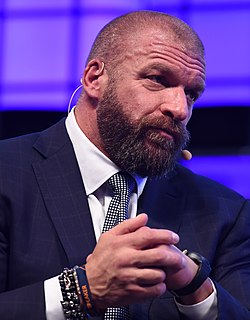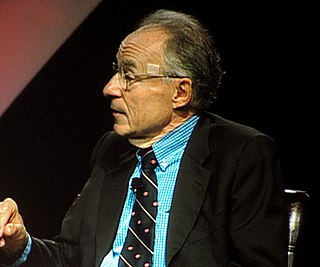A Quote by Gail Sheehy
Phases of the creative process: Preparation-gathering impressions Incubation-letting go of certainties Immersion/Illumination-creative intervention/risk Revision-conscious structuring and editing of creative material.
Related Quotes
The creative act always requires a stepping back. It's called the incubation period. The incubation period - one of the four phases of creativity - is when you're not consciously thinking of a problem, and you're letting it marinate. So this is why you hear time and again, people saying they had that "Eureka" moment in the bath, like Archimedes, or in the shower, or while going for a walk or in a coffeehouse.
The creative process is just a process and you can't really separate it from life. Growing your hair is a creative process. Your body is creating hair. Being alive is a creative process. Whether it's growing something in the garden or growing a song, the material accumulates. It's the process of being alive; it's the passage of time. Things change.
Suddenly creativity is the popular goal. Ironically, a quality dissonant with our conventional education process is greatly in demand in adults - and those who survive the system without losing their creative integrity are richly rewarded. The magic word in a book's title almost ensures sales: Creative Stitchery, Creative Cookery, Creative Gardening. ... Perhaps we are trying to develop something that was innately ours.
Separate out the creative act from the act of editing and execution. Make it a two-step process. First, let ideas flow and encourage EVERY idea to make it to the whiteboard. Don't criticize, judge, edit, budget, or worry. An idea on the wall can't hurt anyone, so let them rip without restriction. After any and all ideas have the opportunity to "come out to play", only then should you apply your analytical and logical side to the effort. Don't mix the creative process with the editing process or you'll kill your ideas before they even get a fighting chance.
What you really have to do, if you want to be creative, is to unlearn all the teasing and censoring that you've experienced throughout your life. If you are truly a creative person, you know that feeling insecure and lonely is par for the course. You can't have it both ways: You can't be creative and conform, too. You have to recognize that what makes you different also makes you creative.





